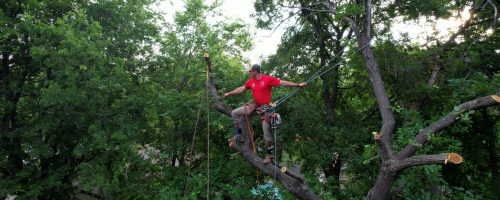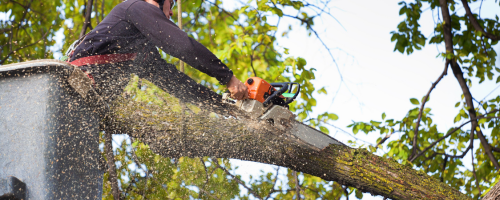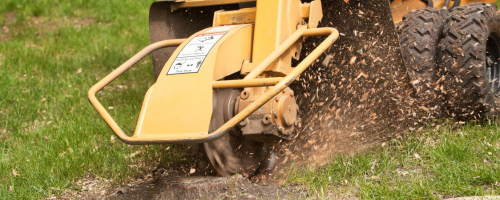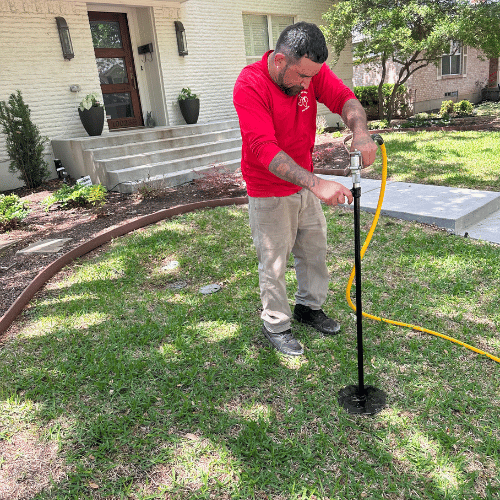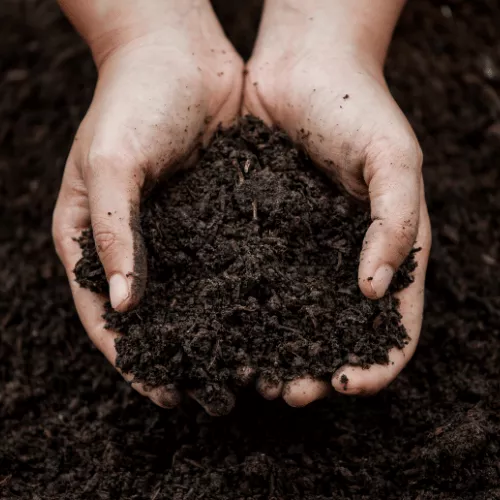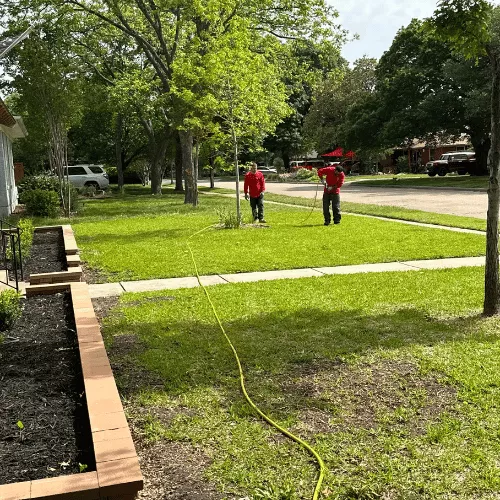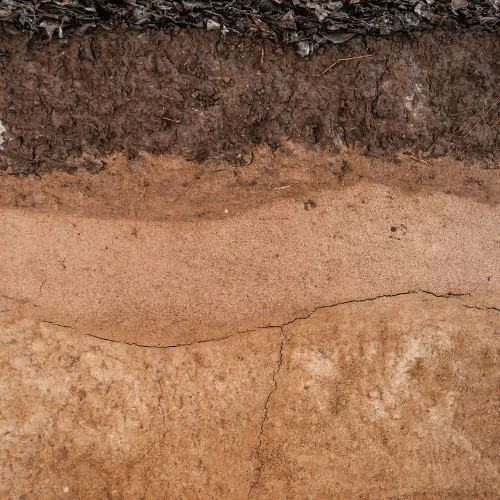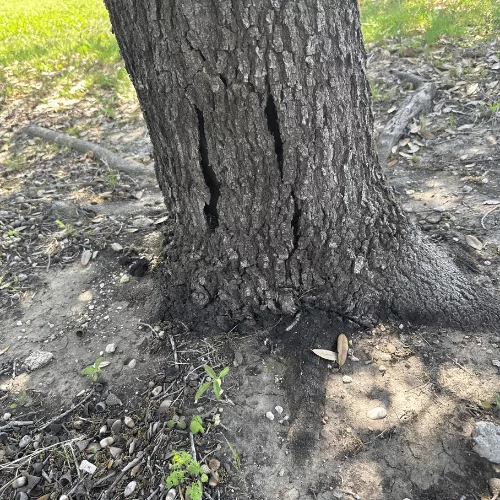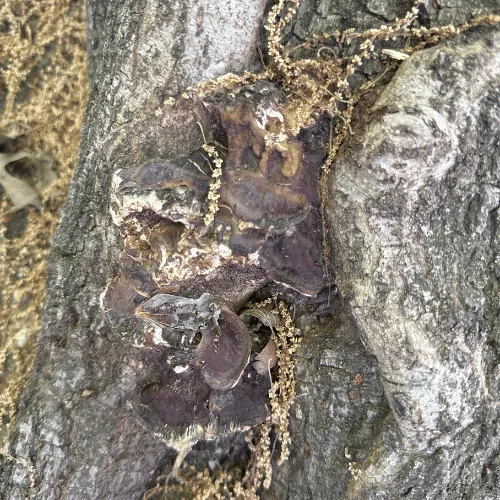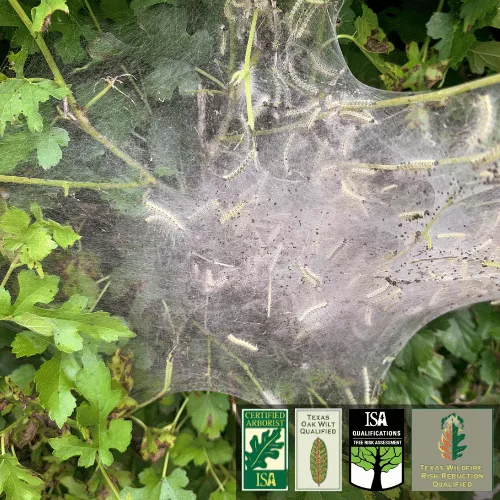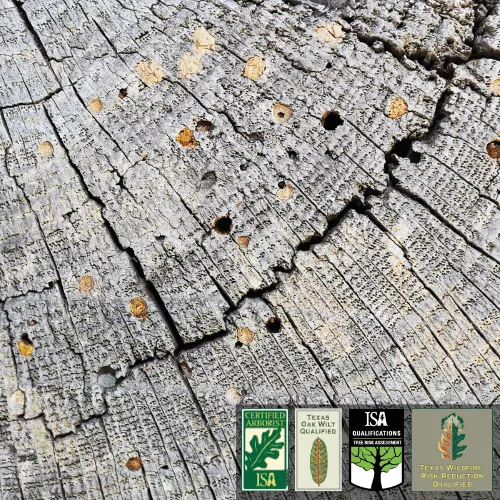Tree Nutrition & Fertilization in Casa Linda | Texas Tree Transformations
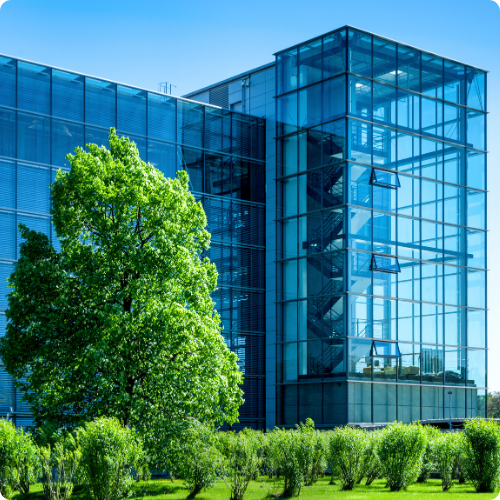
Understanding Tree Nutrition Needs in Casa Linda
Importance of Soil Health for Tree Growth
Tree nutrition begins with the soil. The health of your trees is directly linked to the quality of the soil they are rooted in. In Casa Linda, soil conditions can vary widely, affecting the availability of essential nutrients. Trees require a balanced diet of macronutrients like nitrogen, phosphorus, and potassium, along with micronutrients such as iron, manganese, and zinc. Without these, trees can become susceptible to diseases, pests, and poor growth.
Our team at Texas Tree Transformations conducts detailed soil analysis to determine the exact nutritional needs of your trees. By understanding the specific deficiencies or imbalances in your soil, we can create a targeted fertilization plan that addresses these issues, ensuring your trees get the nutrients they need to thrive.
Customized Fertilization Solutions for Casa Linda Trees
Tailored Fertilizer Applications for Optimal Tree Health
Not all trees require the same fertilization approach. Factors such as tree species, age, soil type, and local environmental conditions play a significant role in determining the appropriate fertilizer type and application method. At Texas Tree Transformations, we tailor our fertilization services to the specific needs of your trees, ensuring that they receive the right nutrients at the right time.
Our fertilization programs in Casa Linda are designed to enhance root development, increase resistance to environmental stressors, and promote lush, vibrant foliage. We use a variety of fertilization techniques, including deep root feeding, slow-release fertilizers, and organic compost amendments, to deliver nutrients directly to the root zone where they are most needed.
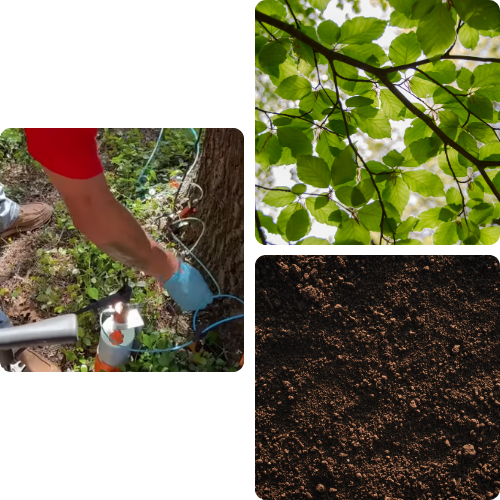
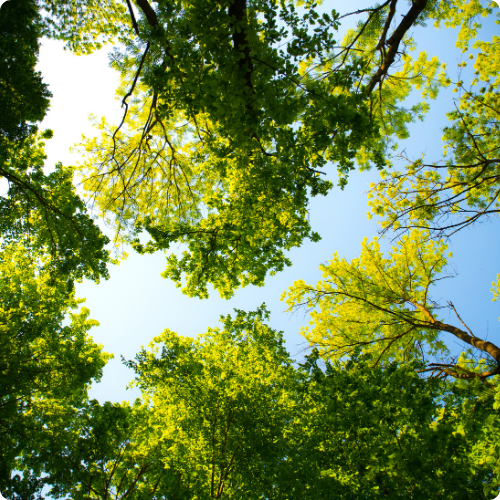
The Role of Seasonal Fertilization in Tree Care
Timing Your Fertilization for Maximum Benefit
Fertilization is not a one-size-fits-all process; the timing of applications is critical to achieving the best results. In Casa Linda, the local climate and seasonal changes play a significant role in determining when and how often trees should be fertilized. For example, fertilizing in early spring can provide the nutrients needed for robust new growth, while fall fertilization helps trees recover from summer stress and prepare for the winter months.
At Texas Tree Transformations, we schedule our fertilization treatments to align with the natural growth cycles of your trees. This ensures that your trees are receiving nutrients when they are most able to utilize them, leading to stronger, healthier trees year-round. Our experts monitor the condition of your trees throughout the year, adjusting fertilization schedules as needed to adapt to changing conditions and tree health requirements.

Organic Fertilization Options for Eco-Friendly Tree Care
Sustainable Practices for Long-Term Tree Health
For environmentally-conscious homeowners in Casa Linda, organic fertilization offers a sustainable alternative to traditional chemical fertilizers. Organic fertilizers, such as compost, manure, and plant-based amendments, provide a slow-release source of nutrients that improve soil structure, increase microbial activity, and promote long-term tree health without the risk of chemical runoff or soil degradation.
Texas Tree Transformations is committed to offering eco-friendly tree care solutions that benefit both your trees and the environment. Our organic fertilization programs are designed to enrich the soil naturally, enhancing its ability to support healthy tree growth. By choosing organic fertilization, you not only contribute to a healthier ecosystem but also ensure that your trees are receiving the most natural and beneficial nutrients available.
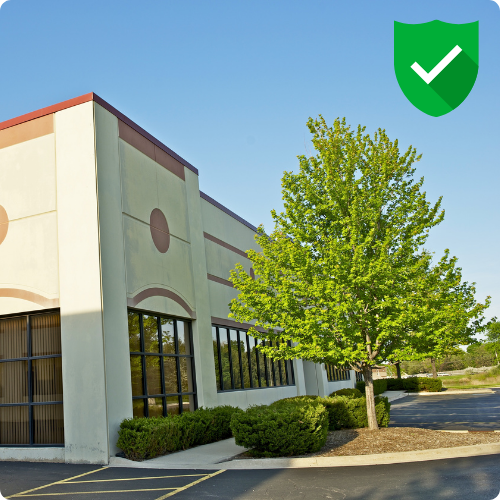
Frequently Asked Questions
Trees in Casa Linda typically benefit from fertilization once or twice a year, depending on their specific needs and soil conditions. Early spring and late fall are ideal times for fertilization to support growth and recovery.
Common signs of nutrient deficiencies include yellowing leaves, stunted growth, premature leaf drop, and weak branches. If you notice these symptoms, it may be time to consult with a professional arborist.
Yes, over-fertilization can lead to nutrient imbalances, root burn, and increased susceptibility to pests and diseases. It’s important to apply fertilizers according to professional recommendations to avoid these issues.
Organic fertilizers are effective for most tree species, especially when used as part of a long-term soil improvement strategy. However, the effectiveness may vary depending on the specific needs of the tree and soil conditions.
What Our Clients Say

